Social Well-Being
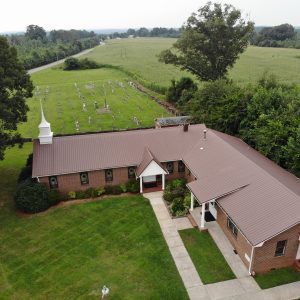
An ‘economic halo’ for rural churches in North Carolina
In small towns across North Carolina, churches function as more than places of fellowship and gathering for people — they’re also de facto economic engines. [Read the full report: ‘The Economic Halo Effect’] That’s one of the key findings of a new research report by the UNC Charlotte Urban Institute, in partnership with The Duke […]
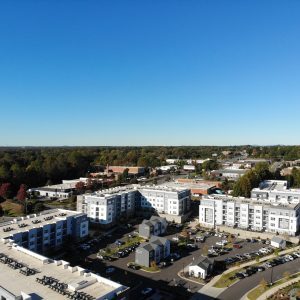
How are Housing Choice Vouchers distributed across Southeastern Cities?
This research was used by USA Today for an investigative series called ‘Segregated by Section 8.’ The series is available online here (subscriber-only). Housing Choice Vouchers are a subsidy that helps extremely low income individuals and families (defined by HUD as earning less than 30% of area median income) afford housing in the private market. […]

Bridging the digital divide in Charlotte
This project is part of the third cohort of Gambrell Faculty Fellows. Read about the fellows progam and other projects here. In an increasingly digital world, the consequences of not having access to the Internet and knowing how to use technology are starker than ever. Jobs, education, medical services and more a re all increasingly […]

How can we measure the developmental impacts of the COVID-19 pandemic on young children?
Across the United States and around the world, children and families are starting a new school year. Typically a time of excitement and new beginnings, the first day of school has again been overshadowed by the COVID-19 pandemic. We’ve learned a lot about the virus over the past 18 months. However, the ways in which […]
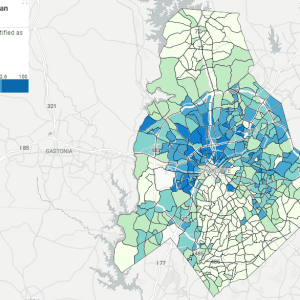
New maps let you explore patterns of income, racial segregation and more
Where you live in Charlotte and Mecklenburg County might reflect your race, income, education level, how old you are and even how likely you are to be in an area where eligible streams are adopted for clean-up. Newly updated maps from the Charlotte-Mecklenburg Quality of Life Explorer let you explore all these factors and more. […]
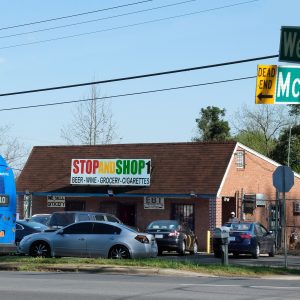
Watch: Health disparities in Charlotte along racial, socioeconomic fault lines
Health and economic mobility are connected, and the burdens of poor health don’t fall equally on different groups in our society. In Charlotte, where you live — along with your race, income and other demographic factors — has a big impact on aspects of health, from access to pharmacies to fresh food and even average […]
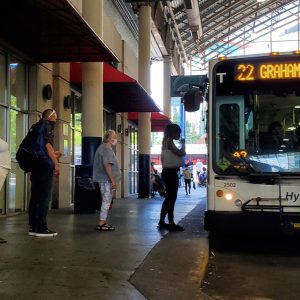
Overcoming the ‘stigma’ of riding the bus
This story was originally published in the Transit Time newsletter, which is produced in partnership between the Charlotte Urban Institute, the Charlotte Ledger and WFAE. Find out more and subscribe here. As Charlotte prepares to invest billions more into building new light rail, local planners are also betting big on another, more humble transit technology: […]
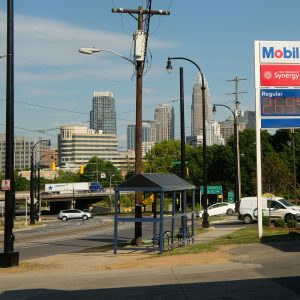
Supporting Charlotte’s minority-owned small businesses
A study released this week by the UNC Charlotte Urban Institute sheds light on the unique challenges minority-owned small businesses face and how the Charlotte-Mecklenburg community can better support these enterprises, which are key to community well-being and wealth-building. Defined as businesses with fewer than 500 employees, small businesses comprise 99.9% of all businesses. Small […]
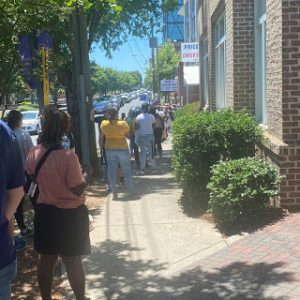
With Price’s closing, South End loses the last vestige from before “South End”
Editor’s note: This story originally appeared on Mary Newsom’s blog The Naked City. The first three paragraphs are from Newsom. I stood in line two hours today to order chicken from Price’s Chicken Coop, the iconic fried chicken takeout joint on Camden Road in South End that had just announced it will close in two […]
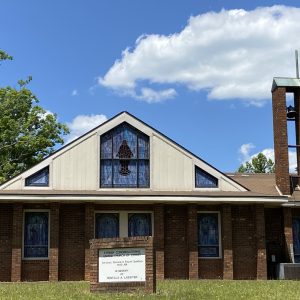
Islay Walden’s Uwharries story is relevant today
Here we are in the midst of graduation season. Even though the school experience has been different for the past year, young people are still celebrating this milestone and figuring out what to do with the rest of their lives. In rural areas like the Uwharries, that often means leaving for opportunities in other places. […]